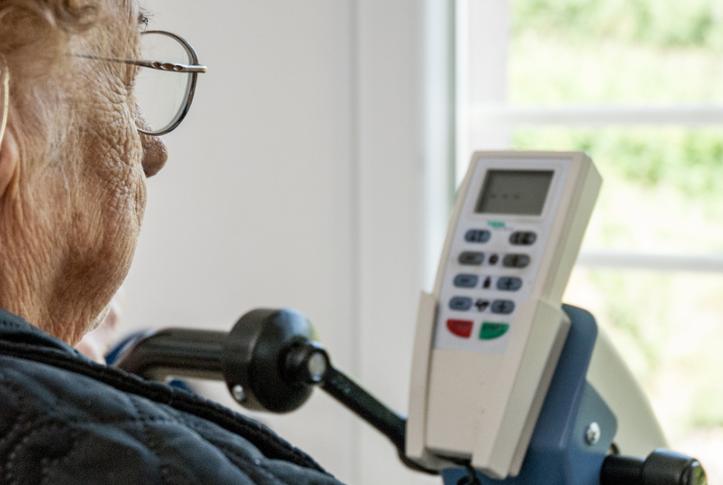The Issue
Fewer than 20 percent of American adults with hearing loss use hearing aids, which are not covered by Medicare and can cost anywhere from $2,000 to $7,000. The Over-the-Counter Hearing Aid Act, passed in 2017, will allow people to purchase hearing aids directly, rather than through an audiologist. Although its goal is to increase access to hearing aids, the new legislation may have unintended consequences. Because seniors are now able to purchase hearing aids without visiting a specialist, they may not receive services like fittings and training that can help them properly use and maintain their new devices. To learn more about the potential impact of the policy change, Commonwealth Fund–supported researchers studied the ability of Medicare beneficiaries who use hearing aids to access hearing care services. They discussed their findings in the journal Health Affairs.
$4,700 average cost of a set of hearing aids.
What the Study Found
- Nearly 11 percent of older Medicare beneficiaries used a hearing aid in 2013, but only one-third of those people reported using hearing care services.
- Among Medicare beneficiaries who used hearing aids, access to hearing care services and quality of hearing with a hearing aid varied by income and by Medicaid status. Twenty-seven percent of Medicare beneficiaries who are also enrolled in Medicaid — the group known as “dual eligibles” — reported having significant trouble hearing with their hearing aid, compared to just 11 percent of higher-income Medicare beneficiaries. And 71 percent of dual eligibles who used hearing aids said they did not receive hearing care services, compared to 58 percent of higher-income beneficiaries.
- Among older Medicare beneficiaries who wear a hearing aid, those who did not graduate high school had 30 percent lower odds of using hearing care services than did those with a college diploma.
- Older Medicare beneficiaries with a helper for personal care activities were 29 percent more likely to use hearing care services.
The Big Picture
The new law likely will lower hearing aid prices. But the study’s results suggest that it also may complicate access to important supportive services, without which many older adults will continue to struggle with hearing loss. To remove financial barriers to obtaining hearing care, policymakers may want to consider adding these services to Medicare and Medicaid coverage.
The Bottom Line
While hearing aids will likely be easier to obtain under the Over-the-Counter Hearing Aid Act, policymakers also should consider covering the cost of associated services that people need to successfully manage their hearing loss.
